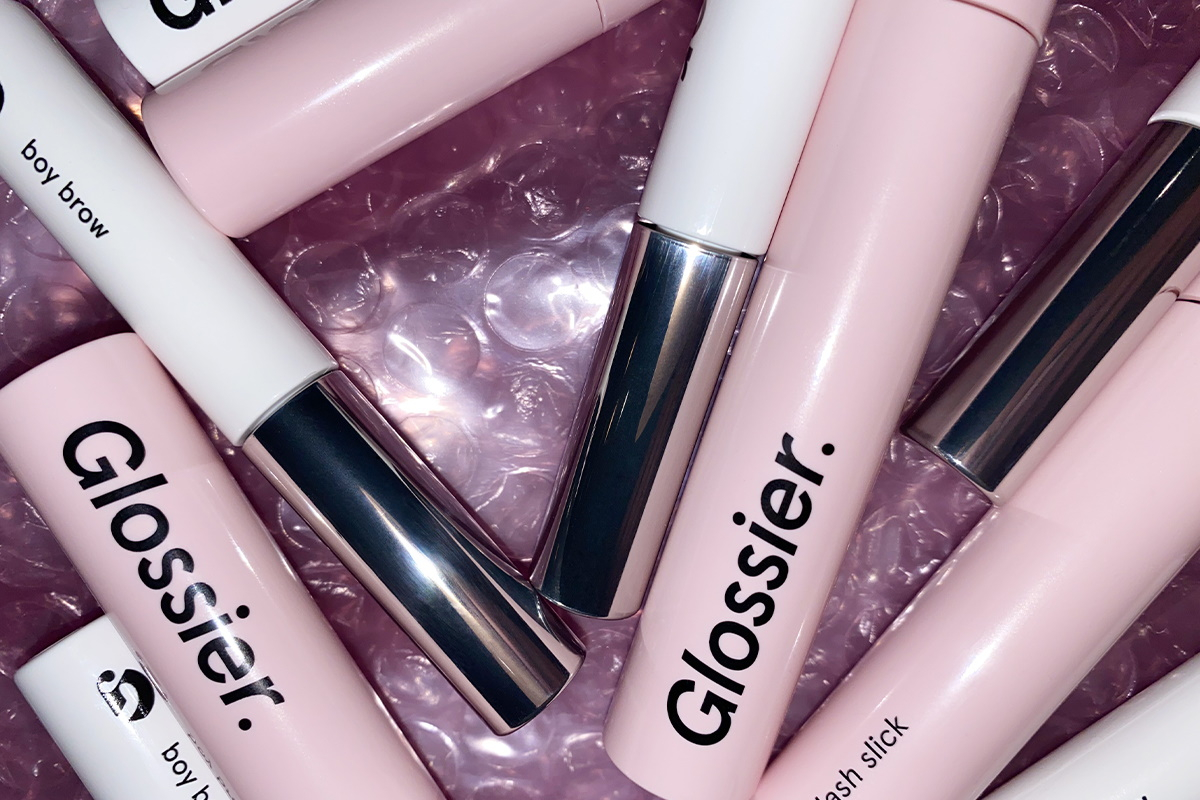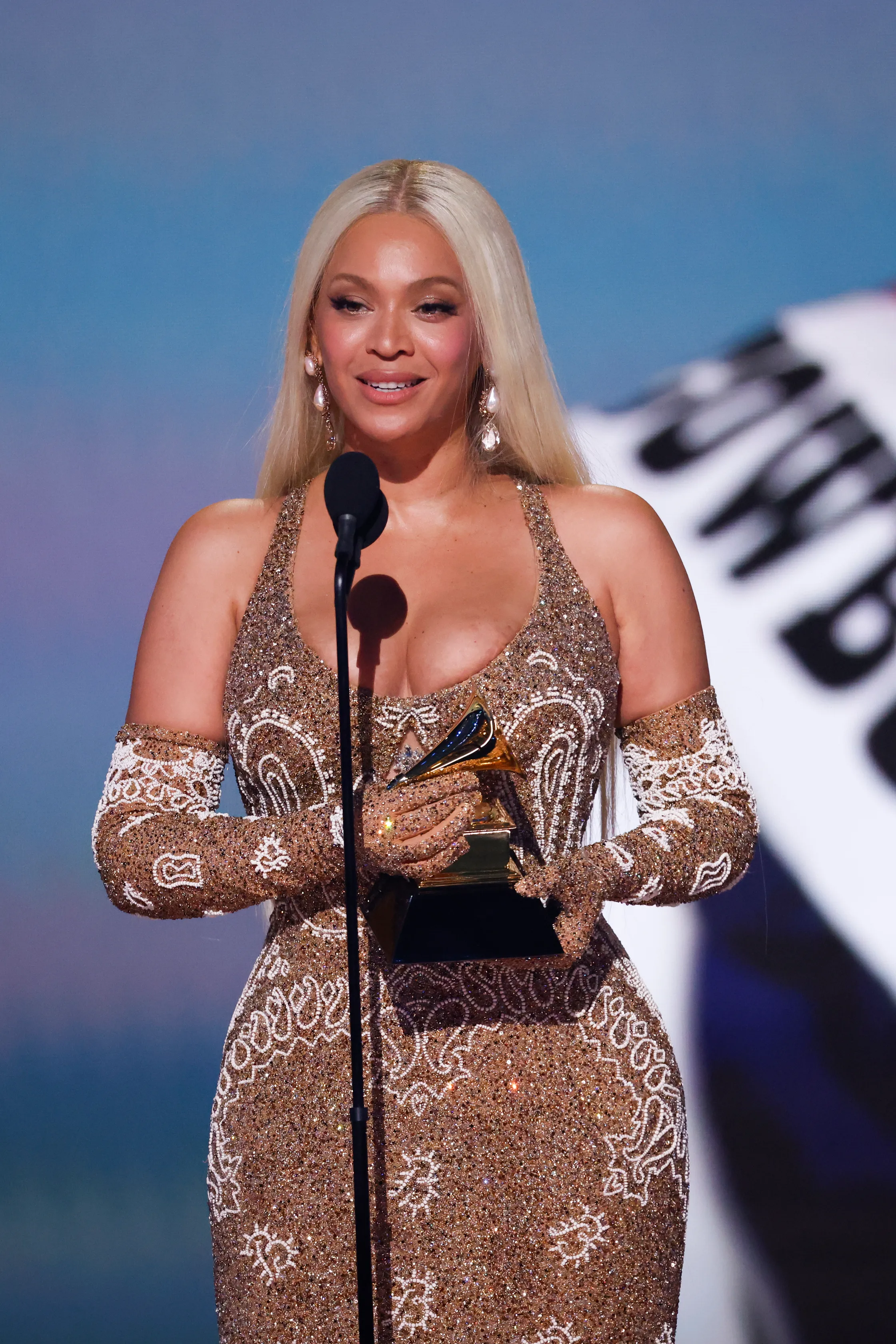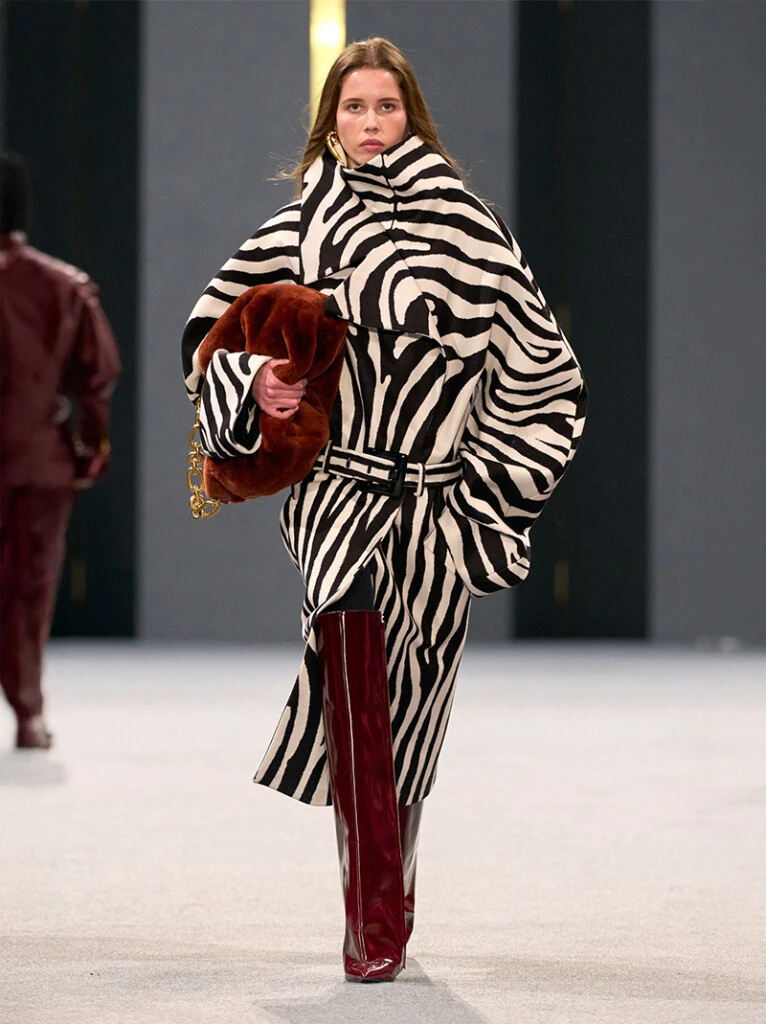Hailing from the vibrant heart of Nigeria, a rising fashion designer is captivating the global stage with a unique fusion of cultural richness and modern elegance. Based in London, this designer meticulously crafts each piece with materials sourced from their homeland, celebrating Nigeria's unparalleled variety of quality fabrics, luxurious appliqués, and sparkling rhinestones. By blending these exquisite elements with London’s cutting-edge manufacturing, the designer not only honors their heritage but also elevates it to new heights, offering a fresh and opulent perspective on contemporary fashion.

Who or what are your inspirations for creating your designs?
My first inspiration is my Father, Mr Abolaji Ambali, I grew to learn tailoring from him. He was a very hardworking and highly talented designer of his time. He taught me to be the strongest person I could be and to give everything I tried my all since I was young. He showed me the roadmap I need to succeed as an entrepreneur. He brought myself and my sisters up with a military's strict code of conduct and high standards of ethics.. But beyond all of these, he gave me the chance he didn't have.. I admire his strength and enthusiasm for this fashion business. My second inspiration was from a Nigerian designer, Veekee James, she inspire me a lot with her unique sense of styling and designs of her dresses
Creative expression can take many forms, what made you decide to start your own fashion brand?
I started from little alterations of dresses for my hostel mates back in Uni then I proceeded to making simple gowns for affordable prices .. then I started getting famous among my peers, in a hostel of over 600 students, hardly Will anyone not have heard about me The Smile my dress brings to people’s face and the compliments i gets after people wear my designs are some of my driving force, I completed my first and second degree in Agriculture, started up my brand along side during my second degree in Nigeria, but there has always been a sense of dissatisfaction since I realized that I have an artistic goals that will simply not be met in this field, hence, the decision to put in for a Masters of art in fashion business management in the University of Westminster in year 2022.
In your opinion, what are the most critical aspects of the fashion industry?
The fashion industry relies on creativity for unique designs, consumer insights to follow trends, and efficient production and supply chains. Marketing and branding build distinct identities, while retail channels ensure accessibility. Sustainability and technology are rising priorities. Globalization necessitates international market awareness. Financial management, talent acquisition, and legal protection are integral. Cultural sensitivity, adaptability, and trend awareness are vital. Compliance, risk management, and partnerships are key. In essence, fashion thrives on creativity, consumer trends, efficient production, and a blend of business and legal factors for success.
What does fashion mean to you?
Fashion to me, is more than just clothing; it’s a form of self-expression and a canvas for creativity. It is a means of communicating one's personality or affiliations. Fashion is a dynamic and ever-evolving phenomenon, with styles and preferences constantly changing over time. Fashion has the incredible power to boost self-esteem, inspire confidence, and connect people across cultures.
What do you believe are the essential elements needed to be successful as a fashion designer?
To become a successful fashion designer, you need creativity, technical skills (sketching, sewing, pattern-making), a deep understanding of fashion and market trends, color and fabric expertise, attention to detail, and business acumen. Building a strong network, staying adaptable, and embracing sustainability are also key. You should be culturally sensitive, continually learn, and develop a unique design style. A strong portfolio, practical experience, and resilience in the face of challenges are essential for success in this competitive field.
Talk to us about the collection you showed at The W Fashion Week September 2023, what inspired this collection?
Being my first fashion show, the excitement was overwhelming.. what actually inspired my collection was the fact that I wanted to showcase my artistic creation in a simple but yet classy way….The fashion show gave me some sense of satisfaction of seeing my design showcased in front of large audience. my voice was heard through this fashion show and I am more than grateful for this amazing opportunity.
What are your favourite trends?
My own fashion trends involves thorough market research, understanding my niche and audience, and embracing my unique style. I draw inspiration from diverse cultural influences, and prioritize sustainability. Collaborations, consumer insights, and adaptability are key. I blend tradition with innovation, ensure quality, and tell a compelling brand story. Fashion shows, marketing efforts, and participation in exhibitions help establish my trends, creating a dynamic and creative process in the ever-evolving fashion world.

Do you wear your own designs?
Yes,I do, due to the fact that most of the dresses I made are occasion specific, I made sure I wore my dresses to occasions like birthdays parties, wedding events, church, shows etc.
How would you describe your personal style?
My personal style is characterized as 'Urban Minimalist.' I draw inspiration from different creative and intelligent fashion designers. My style emphasize on clean lines and modern aesthetics. My color palette leans towards neutrals with occasional deep blues and reds, while my silhouettes are structured and tailored with high-quality natural fabrics, with minimal embellishments and a focus on functionality. My target audience includes urban professionals, seeking timeless and versatile pieces, and sustainability is my core brand ethos."
What do you do to track trends and stay in touch with the current consumer?
I maintain active profiles on all my social media platforms to showcase my work and engage with my audience. I share my latest designs, behind-the-scenes glimpses, and updates on my creative process.I continuously research fashion trends by following fashion blogs, attending fashion shows, and also try to seek information about color trends, fabric choices, and design aesthetics. I reach out to partner with influencers or fashion bloggers who align with my brand.I continuously evolve my brand to meet the changing demands and tastes of my clients while staying true to my unique style.
How would you describe your brand aesthetics?
I have mastered the art of shaping female figure in my garments. My designs are renowned for having corsetry and snatched waistlines I occasionally outfits my clients myself, which is one the of thing that motivates me to keep going with trends and creating new ones. 17. Launching my own fashion line evoke fear in me due to financial constraints, fear of not being able to stand out in crowded market, as the industry is quite competitive, fear of rejection from customers, fear of not meeting deadlines, fear of not knowing how to effectively market my brand and reach my market targets, overwhelming and many more…
What was your biggest fear when going out and starting your own line?
The first thing I do when I’m about to create a design, is to first seek inspiration from different sources to develop a concept for my design. After, I go to market to choose fabrics that align with my design concept. I create a pattern for each of my design to ensure a proper fit and structure, then I construct the design following the pattern I made out. I make sure my design undergo quality control checks to ensure it meets my standard and that of my client’s taste. 19. If not a fashion designer,I would have become a make up artist because I’m a fashion freak.
What advice would you give to young designers?
For young designers in the fashion industry, here's advice: Cultivate your design style, learn the basics, and study fashion history. Consider formal education and practice diligently. Seek feedback and gain experience through internships. Stay updated on trends and network with industry peers. Develop a strong brand identity, prioritize sustainability, and start small if launching your own label. Utilize social media for self-promotion and be resilient in the face of challenges. Protect your work legally and remain true to your creative vision for a rewarding fashion career.\
What role do you think social media plays in fashion today?
Social media is a pivotal force in today's fashion industry. It serves as a powerful tool for fashion brands to promote products, engage with customers, spot trends, and even sell directly. From influencer collaborations to live fashion events, it offers diverse marketing opportunities. Social media also facilitates real-time communication, user-generated content, and valuable market insights, making it an indispensable part of fashion marketing and brand building in our interconnected world.








